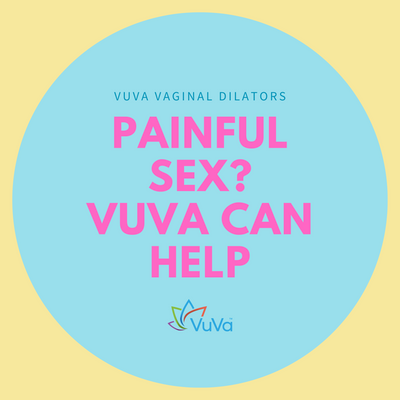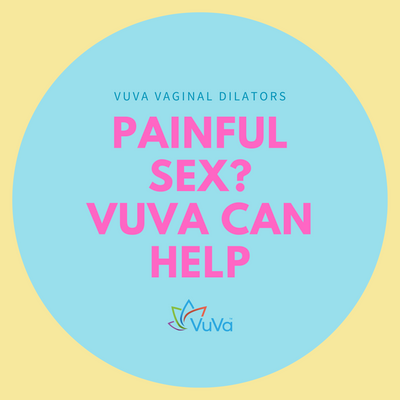
| Caroline Knight
What is Polycystic Ovary Syndrome (PCOS)?
Polycystic ovary syndrome (PCOS) is a condition affecting women’s hormone levels, in that their bodies will produce more male hormones than is normal, and cysts will grow inside their ovaries. The word “polycystic” actually means “many cysts.” Polycystic ovary syndrome affects the ovaries and reproductive organs that produce the hormones estrogen and progesterone.
The ovaries also normally produce a small amount of androgens (the male hormones), but with PCOS, estrogen and progesterone levels will be lower than normal, while androgens will be higher. Due to the abnormal hormone levels, fluid-filled sacs (cysts) start to grow inside the ovaries. These cysts are actually follicles containing immature eggs, but the eggs don’t mature enough to start the ovulation process. When women don’t ovulate regularly, fewer eggs are released for fertilization.
PCOS was first discovered by Italian physician Antonio Vallisneri back in 1721, and today it affects up to 27% of women of childbearing age (from 15 to 44). However, it may go undiagnosed in up to 70% of that group.
What are the symptoms of polycystic ovary syndrome?
It is common for women with polycystic ovary syndrome to have ovarian cysts, high male hormone levels, and a disrupted menstrual cycle (irregular or missed periods). Symptoms are likely to appear around the start of the first period, but for some, they don’t find out they have PCOS until they can’t get pregnant, or start to put on weight.
- Irregular/fewer periods: not ovulating means less reliable shedding of the womb lining
- Heavy menstruation: due to a delayed build up of uterine lining
- Excessive body hair (hirsutism): facial and body hair can develop because of the androgens
- Headaches
- Acne: androgens cause oily skin and pimple breakouts on the face, chest, and back
- Thinning of hair: unfortunately, women with PCOS can suffer from male pattern baldness
- Skin darkening in creased areas of skin (e.g. neck, groin, beneath the breasts)
- Infertility: it can be difficult to get pregnant due to lack of ovulation
- Obesity/metabolic syndrome: up to 80% of PCOS sufferers will put on weight or become obese, with high blood sugar, high blood pressure and imbalanced cholesterol levels. This leads to risk of stroke, diabetes and heart disease.
- Sleep apnea: difficulty breathing normally at night, which disrupts sleep
- Endometrial cancer: due to thickened, unreleased uterine lining
- Depression: due to imbalanced hormones and dealing with other symptoms
What causes polycystic ovary syndrome?
As yet there is no known cause of PCOS. All Doctors know is that high male hormone levels stop the ovaries from producing the necessary female hormones needed for a healthy cycle. There may be a genetic factor, but insulin resistance is a more likely factor given that up to 70% of women with PCOS also have this. If your cells aren’t properly using insulin your body will demand more of it, triggering the pancreas to create it in a bid to compensate for the lack. However, the extra insulin created causes the ovaries to produce more androgens.
Inflammation is another possible cause of polycystic ovary syndrome, since it tends to run concurrently with PCOS. It may be possible to reduce inflammation through diet, which also helps with obesity. Obesity may actually be the cause of the inflammation that led to PCOS in the first place, however.
Treating PCOS
The treatments for polycystic ovary syndrome are usually birth control pills and diabetes drugs. These are prescribed because they can restore hormone levels, resulting in fewer challenging PCOS symptoms.
Many women benefit from low carbohydrate or low GI diets, as well as at least 30 minutes of moderate exercise 3 times per week. If overweight, losing as little as 5% of your bodyweight is likely to have a positive impact on PCOS. In severe cases, laser surgery to restore ovulation may be the answer.
If you think that polycystic ovary syndrome may be causing your symptoms, you should contact your Doctor for a proper diagnosis. It is better to tackle the problem sooner rather than later, in order to prevent the condition progressing or leading to secondary diseases. Don’t forget to follow the VuvaTech blog for insights and advice on various women’s health problems… we’re here to help!














